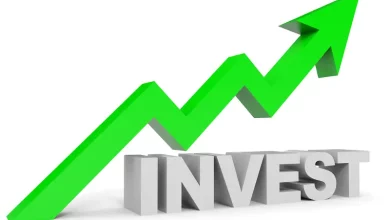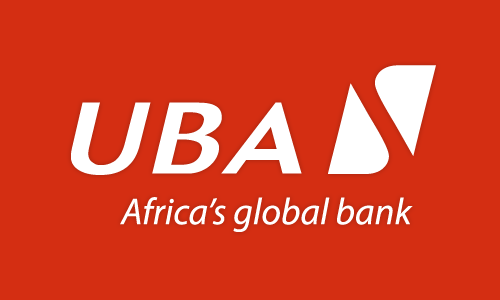Sponsored Links
How to Avoid Credit Card Debt
Credit card debt can be a trap for many people. It can be easy to overspend on credit cards, and the high interest rates can make it difficult to pay off debt. However, there are a number of things you can do to avoid credit card debt.
- Pay your bill in full each month. This is the most important thing you can do to avoid credit card debt. If you only make the minimum payment on your credit card, it will take many years to pay off your debt, and you’ll end up paying more in interest.
- Keep your credit utilization low. Your credit utilization is the amount of credit you’re using compared to your total available credit. It’s generally recommended to keep your credit utilization below 30%. This means if you have a total credit limit of $10,000, you should keep your balances below $3,000.
- Don’t open too many new accounts at once. Opening too many new accounts in a short period of time can generate hard inquiries on your credit report, which can temporarily lower your score. It’s best to only open new accounts when you need them.
- Be mindful of your spending. It’s easy to overspend when you’re using a credit card, so it’s important to be mindful of your spending. Create a budget and track your spending to make sure you’re not spending more money than you can afford to pay back.
- Beware of hidden fees. Some credit cards have hidden fees, such as annual fees, foreign transaction fees, and late payment fees. Be sure to read the fine print before opening a credit card to avoid any surprise fees.
Here are some additional tips:
- Use a rewards credit card wisely. Rewards credit cards can offer you points or miles that can be redeemed for travel, merchandise, or statement credits. However, rewards credit cards often have higher interest rates than non-rewards credit cards. If you choose to get a rewards credit card, make sure you’re able to pay your bill in full each month to avoid paying interest.
- Be careful with cash advances. Cash advances are a way to get cash from your credit card. However, cash advances typically have high interest rates and fees. It’s best to avoid cash advances unless it’s an absolute emergency.
- Monitor your credit report regularly. It’s important to monitor your credit report regularly to make sure there are no errors or unauthorized activity. You can get a free copy of your credit report from each of the three major credit bureaus (Equifax, Experian, and TransUnion) once a year at AnnualCreditReport.com.
By following these tips, you can avoid credit card debt and enjoy the benefits that credit cards have to offer.
Additional tips:
- Use a debit card instead of a credit card when possible. Debit cards take money directly from your checking account, so you can’t spend more money than you have.
- Set up a budget and track your spending. This will help you see where your money is going and make sure you’re not overspending.
- Pay off your credit card debt as quickly as possible. If you have a balance, try to pay it off in full each month. If you can’t pay it off in full, make more than the minimum payment.
- Don’t open new credit accounts unless you need them. Opening too many new accounts can hurt your credit score.
- Be careful with cosigning loans. If you cosign a loan for someone else and they default on the loan, you will be responsible for paying it back.
If you are struggling with credit card debt, there are resources available to help you. You can contact a credit counselor or debt management company for professional help.
Sponsored Links




